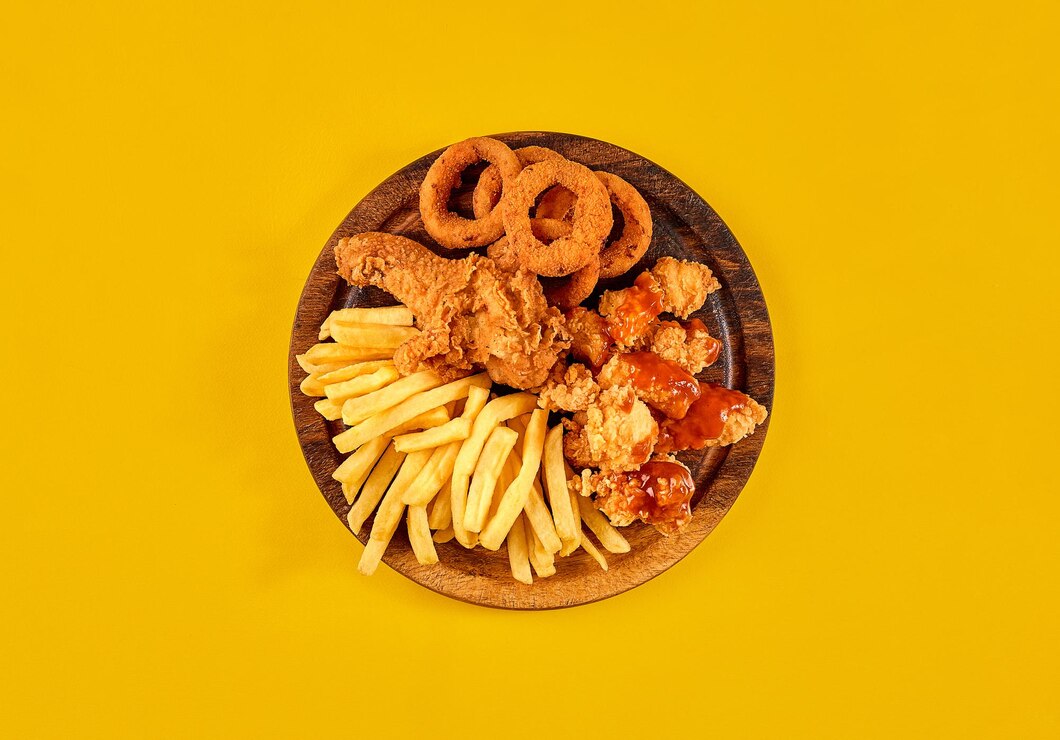Maintaining healthy kidney function is crucial for overall well-being, as the kidneys play a vital role in filtering waste products and excess fluids from the blood. Certain foods can be detrimental to kidney health, especially for individuals with existing kidney issues. Here are 20 foods South Africans should consider avoiding or limiting to support healthy kidneys.
1. Salt and High-Sodium Foods
Excessive salt intake can lead to high blood pressure, a significant risk factor for kidney disease. Processed foods, canned soups, and salty snacks often contain high sodium levels.
2. Processed Meats
Bacon, sausages, and deli meats are high in sodium and preservatives, which can strain the kidneys and increase the risk of kidney stones and other kidney-related issues.
3. Red Meat
High consumption of red meat can lead to an increased risk of kidney damage due to its high protein and phosphorus content, which can be difficult for the kidneys to process.
4. Canned Foods
Canned vegetables, beans, and soups often contain high levels of sodium to preserve freshness, which can negatively impact kidney health.
5. Sugary Drinks
Sodas and sweetened beverages can contribute to obesity and diabetes, both of which are risk factors for kidney disease. Opt for water or unsweetened beverages instead.
6. Alcohol
Excessive alcohol consumption can lead to high blood pressure and liver disease, which in turn can negatively affect kidney function. Moderation is key.
7. Dairy Products
While dairy is a good source of calcium, excessive intake can lead to high phosphorus levels in the blood, which can be harmful to the kidneys.
8. Fried Foods
Fried foods are high in unhealthy fats and can lead to weight gain and increased blood pressure, both of which are detrimental to kidney health.
9. Artificial Sweeteners
Some studies suggest that artificial sweeteners can negatively impact kidney function, especially with long-term use. It’s best to use natural sweeteners in moderation.
10. Caffeine
Excessive caffeine intake from coffee, tea, and energy drinks can lead to increased blood pressure and put stress on the kidneys.
11. High-Oxalate Foods
Foods like spinach, beets, and nuts are high in oxalates, which can contribute to kidney stone formation. Those prone to kidney stones should limit these foods.
12. Phosphorus-Rich Foods
Processed foods and sodas often contain added phosphorus, which can be harmful to those with kidney disease. Read labels and opt for fresh, whole foods.
13. High-Potassium Foods
Bananas, oranges, and potatoes are high in potassium, which can be harmful in excess, particularly for individuals with kidney disease. Moderation is crucial.
14. Tomatoes
Tomatoes and tomato-based products are high in potassium and should be limited for those with kidney concerns.
15. Avocados
While healthy, avocados are high in potassium and should be consumed in moderation by those monitoring their potassium intake.
16. Whole Grains
Although healthy, whole grains can be high in phosphorus and potassium. For those with kidney disease, managing intake is important.
17. Dark-Colored Colas
These beverages contain high levels of phosphorus, which can be harmful to kidney health.
18. Pickled Foods
Pickled foods are often high in sodium and should be limited to prevent additional strain on the kidneys.
19. Chocolate
Chocolate contains high levels of potassium and phosphorus. Limiting consumption is advised for those with kidney concerns.
20. Convenience Foods
Microwave meals, instant noodles, and other convenience foods are typically high in sodium and preservatives, which can adversely affect kidney health.
Tips for a Kidney-Friendly Diet
- Stay Hydrated: Drinking plenty of water helps the kidneys filter waste.
- Choose Fresh Foods: Opt for fresh fruits and vegetables over canned or processed options.
- Monitor Protein Intake: While protein is essential, too much can strain the kidneys.
- Read Labels: Be aware of the sodium, potassium, and phosphorus content in packaged foods.
- Balance Electrolytes: Maintain a balanced intake of electrolytes to support kidney function.
Maintaining healthy kidneys involves mindful dietary choices and moderation. By avoiding or limiting these 20 foods, South Africans can support their kidney health and overall well-being. Adopting a balanced diet rich in fresh, whole foods, and staying hydrated, can make a significant difference in preventing kidney-related issues and promoting long-term health. Always consult with a healthcare professional or dietitian for personalized advice, especially if you have existing kidney conditions.








